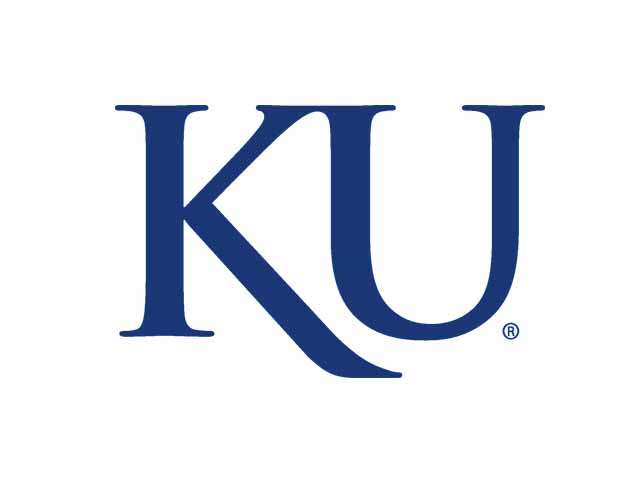By Minami Levonowich
Kansans may be paying less at the pumps, but those low gas prices aren’t necessary good news for the state’s economy.
Edward Cross, president of the Kansas Independent Oil and Gas Association (KIOGA), fears that continued lower oil prices over the next few months will accelerate declines in oil production. Speaking Monday, Cross told members of the Kansas House Energy and Environment Committee that price declines at the gas pump have a downside.
“I think most people would rather pay $1.50 for gas than they would $4 per gallon for gas, but in order to fill up a vehicle, you have to have an income first,” Cross said. “So while we may enjoy lower gasoline prices, it does not compensate for the collapse in capital and the rising unemployment in the U.S. economy.”
Last year, many companies in Kansas cut their capital expenditures – the funds oil and gas companies use to maintain or increase their operations – by 75 to 80 percent. These cuts hurt both the state and the federal economy since capital expenditures help build infrastructure, create jobs, and strengthen investment in futures. Companies had to defer well completions – meaning no new oil wells were working. As a result, some wells are temporarily shut down, and producers have laid off 20 to 30 percent of their workforce. Nationwide, 240,000 direct industry layoffs and about a million indirect industry layoffs have occurred, Cross said.
Cross said the public tends to think of oil as the primary source for many fuels. But oil also is a critical component in lubricants, chemicals, fibers, pharmaceuticals, plastics, and other items.
When oil reached record high prices from 2007 to 2014, topping out at more than $100 a barrel, 1.36 million jobs were created in oil-producing states, including Kansas, Cross said. Without the growth of the oil and gas industry in the last decade, unemployment in this country would have been far greater, he said.
In December 2015, the U.S. Department of Commerce passed a bill that repealed the ban on crude oil exports, which can help with recovery for crude oil over the next year and strengthen the U.S. economy. Crude oil exports could generate up to $15 billion a year in revenue in the United States by 2017, Cross said.
“The longer the oil prices remain low, the more the oil and gas industry will continue to constrict,” Cross said. “Considering the economic impact of oil and gas industry in Kansas and . . . nationwide, that could be detrimental to our economy as a whole.”
In other news from the meeting, Wind Coalition lobbyist Kimberly Svaty predicted this will be an exciting year for the wind industry in Kansas as more projects are opening up around the state. This could increase in-state electricity by more than 21 percent, she said. Also, officials from Renew Kansas gave an update on ethanol, noting that Kansas’ 12 ethanol plants produce about half billion gallons a year and employ more than 325 people.

